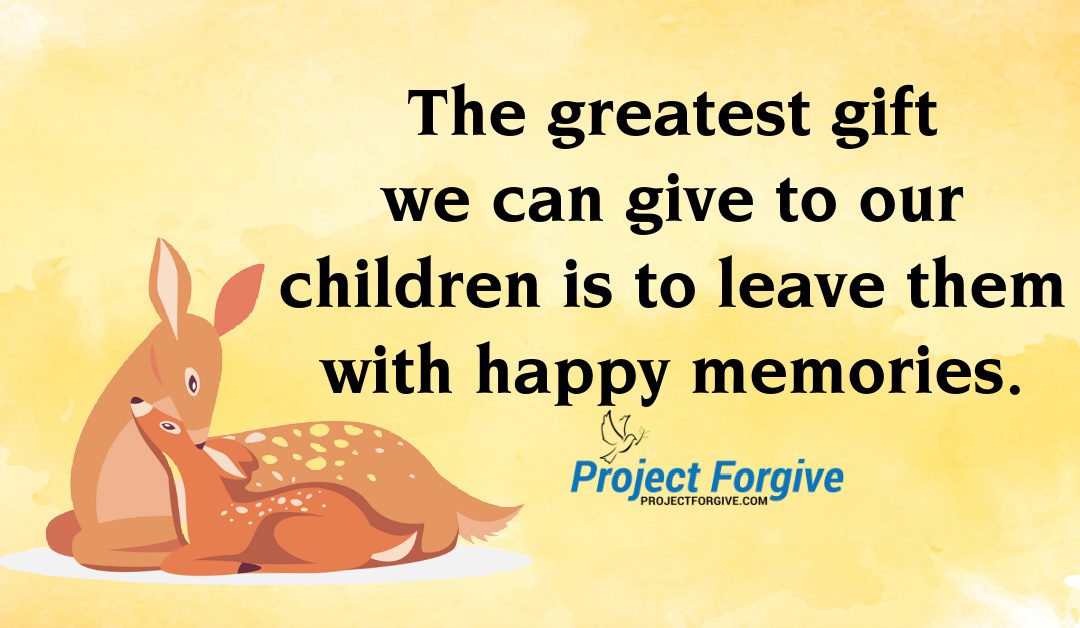We’ve been there. The kids or grandkids are fighting, they’re not listening, or they’re asking you for the same thing a thousand times.
And sometimes you just lose it. You snap at them, harsh words come out of your mouth, and later on you’re feeling guilty for your lack of patience during intense moments.
We get it. We’ve been there. You’re not alone. As a matter of fact, more parents than ever before are feeling the stress of togetherness, managing frustration, dealing with things that are beyond the norm right now.
So first, cut yourself some slack. There are many parenting struggles right now with our changing world and staying calm is not easy.
Prior to social distancing, research has shown that how we communicate as parents or grandparents is merely a habit of communication. We do know that positive parenting language can change the trajectory of your child’s success at school, in relationships and even in the career paths they choose later in life.
To have new skills and to create new habits takes practice.And, it may even help during the struggles and stress we’re all facing to have a new skill to focus on, right?
With that said, here are some alternatives to the knee-jerk reactions during frustrating moments.
Instead of this: Try this:
“Stop hitting!” “Please keep your hands to yourself.”
“Quit whining/crying.” “Please use your words.”
“No, I’m not buying that.” “Instead of that, what if we ____.”
“I can’t hear you.” “Please speak louder/more clearly.”
“Don’t get upset.” “I understand.”
“That’s not yours!” “That’s ____’s. How about this?”
“No, and quit asking me.” “My answer is no. Please stop asking.”
Practicing these skills takes, well, takes practice. As a reminder, print off this page and put it up on your fridge. Remember when you start building a new communication habit it takes time and starting again and again is 90% of the battle.
Here’s also a gentle reminder to find your sense of humor. Some situations are completely ridiculous. When you find the humor in it, you sometimes find your sanity. Besides, laughter is a great stress reducer.
And last but not least? You aren’t perfect, you will lose your cool. Apologizing to your child is important for many reasons. First, you’re modeling effective forgiveness tools to your children. Children learn from you what apologizing should look like and how it feels when you reunite after a mistake.
Second, before you apologize, wait until everyone has had time to cool off. And be honest. Even children can sense when something is genuine and authentic.
Such as:
“I’m sorry I yelled at you and swore. I’m tired and overwhelmed and I’ll work on doing better. Will you forgive me?”
or
“Well, I didn’t handle that very well, did I? I lost my temper with you and your sister. I apologize for yelling and I promise to work harder on that. Will you forgive me?”
We’re inspired that you care so deeply about the messaging you give to your children and grandchildren. Keep at it, we’re cheering you on.
If inspired, please share.




